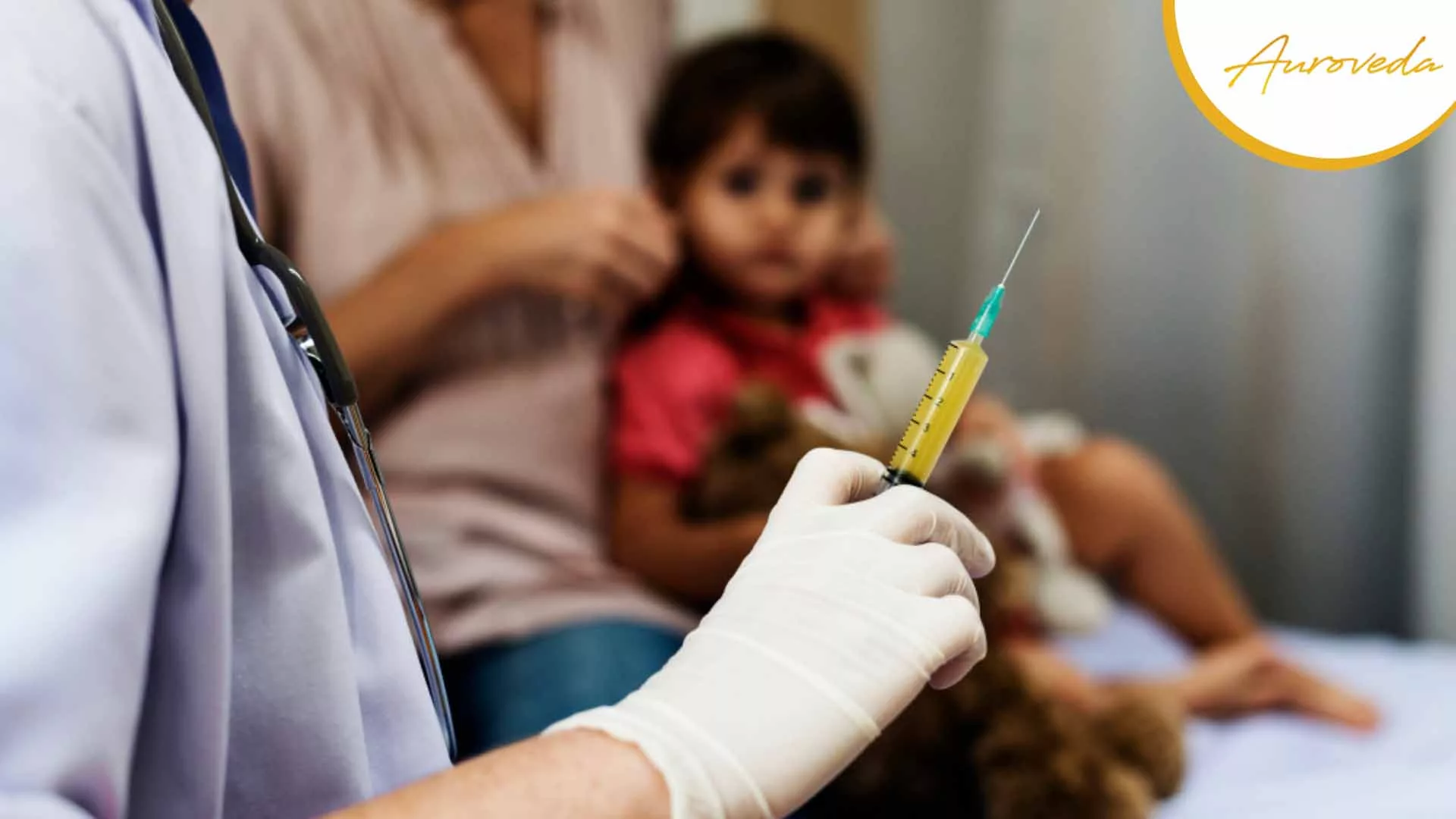Wealth and poverty coexist side by side in the land of contrasts that is India. The healthcare system, particularly for children, is one of the issues the nation still faces despite its tremendous economic progress. A lot of children in India are victims of extreme poverty and have no access to medical care.
What is Child Healthcare and Its Importance?
Child healthcare refers to the medical care and attention given to children to maintain their physical, mental, and emotional well-being. It involves various services and treatments, such as vaccinations, routine checkups, and screenings, as well as the treatment of both acute and chronic disorders.
Children are susceptible to a variety of illnesses and health issues, making child healthcare essential. Their bodies are still forming physically, cognitively, and emotionally, and they are not yet fully able to fend off illnesses and infections.
Building the foundation for long-term good health during childhood is equally crucial. Healthy and productive individuals are more likely to be born to children who receive proper medical care and nutrition during their early years of life.
Child healthcare also plays a crucial role in promoting equity and social justice. Due to conditions like poverty, malnutrition, and restricted access to healthcare facilities, children from low-income households or marginalized communities are frequently at a higher risk of experiencing adverse health effects.
Access to high-quality healthcare for all children can help level the playing field and encourage equitable chances for every child.
Preventative care and Immunization
Child healthcare must include preventative care since it aims to stop illnesses and injuries before they start. Immunizations, routine check-ups and screenings, and instructions on healthy lifestyle choices are a few examples of preventative care practices.
Immunizations are a crucial part of preventative care since they shield children from a number of deadly diseases. Regular checkups and screenings can also aid in the early detection of health issues, enabling prompt interventions and treatments. A balanced diet and regular exercise are just two examples of good lifestyle choices that can help prevent chronic diseases later in life.
The Current Situation
In recent years, India has made notable improvements in lowering newborn and child death rates. The World Bank reports that India’s death rate for children under the age of five has decreased from 126 per 1,000 live births in 1990 to 34 per 1,000 live births in 2019. India’s healthcare system for the underprivileged still has a long way to go.
The Sustainable Development Goal (SDG) states that by 2030, the mortality rate for children under the age of five should be 25 per 1,000 live births. With 28 newborn deaths for every 1,000 live births in India in 2019, the infant mortality rate is also high.
Neonatal health disorders such as preterm, low birth weight, sepsis, pneumonia, diarrhea, and malaria are the main causes of child death in India. Over a third of children under five are malnourished, which is a significant factor in child mortality.
The Integrated Child Development Services (ICDS) program, which offers supplemental nutrition, healthcare, and education to kids under six, is one of many initiatives the Indian government has put in place to combat malnutrition. However, the success of these initiatives has been inconsistent and malnutrition is still a major problem in India.
The “Gift of Health” Program
Children in India face substantial access issues, especially those who live in rural areas. Families frequently have to travel great distances to receive medical treatment in rural areas due to a lack of doctors and medical facilities.
In addition to a lack of healthcare facilities, India’s healthcare system also has a problem with quality. Basic utilities like clean water and sanitation are frequently lacking in healthcare facilities, which can contribute to the spread of illnesses.
To fight this issue and make healthcare more accessible, Auroveda began the “Gift of Health” program. The goal is to end the harsh reality faced by the underprivileged in our society and get them the necessary medical care. The Auroveda Health Center is one of the many health centers made possible with the help of generous donations to the Auroveda Foundation.

